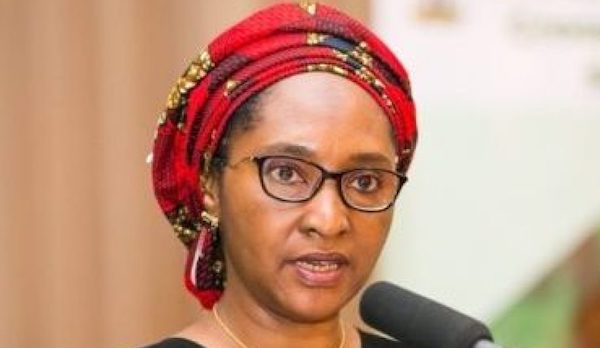Business
Nigerians to pay more for fuel as govt moves to fulfill World Bank’s terms for $3.4bn loan

Nigerians are now expected to pay more for petrol after the Federal Government resolved to end fuel subsidy in a bid to secure the World Bank’s approval for a $3.4 billion loan.
The Nigerian National Resources Charter (NNRC), which disclosed this on its Twitter handle on Sunday, said the federal government has concluded plans to end payment of fuel and electricity subsidies by June.
The removal of fuel subsidy and hike in electricity tariff were part of the terms set by the International Monetary Fund (IMF) and World Bank for the approval of the loan.
NNRC said the federal government has expressed a strong commitment to preventing fuel subsidies from resurfacing and to fully eliminate electricity tariff shortfalls.
READ ALSO: NNPC pays N120bn monthly on fuel subsidy – Kyari
Citing a report by IMF after the conclusion of its Article IV consultation with Nigeria, the agency noted that Bretton Woods institution believes that lifeline tariffs and other relief measures are adequate to protect poorer households from hikes in electricity prices.
It also highlighted the benefits from higher and more predictable availability.
“The World Bank President, David Malpass, on April 8 met with the Minister of Finance, Budget and National Planning, Zainab Ahmed and the Governor of Central Bank of Nigeria, Godwin Emefiele, to discuss the removal of energy subsidies among other issues,” NNRC said.
Join the conversation
Support Ripples Nigeria, hold up solutions journalism
Balanced, fearless journalism driven by data comes at huge financial costs.
As a media platform, we hold leadership accountable and will not trade the right to press freedom and free speech for a piece of cake.
If you like what we do, and are ready to uphold solutions journalism, kindly donate to the Ripples Nigeria cause.
Your support would help to ensure that citizens and institutions continue to have free access to credible and reliable information for societal development.
























